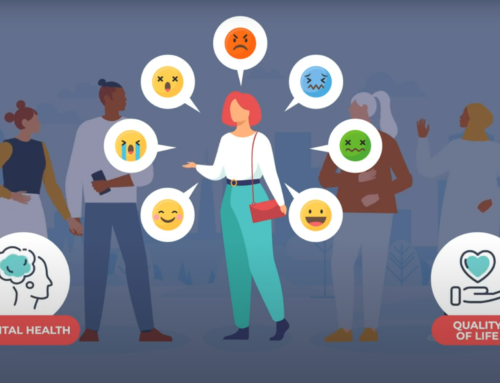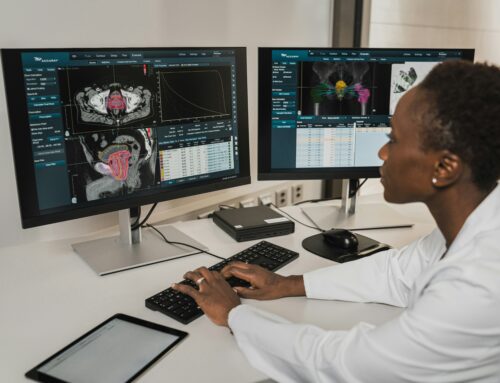The pursuit of “knowing oneself” is amongst the most debated philosophical quests. Throughout the centuries, the need to know yourself has been seen as a prerequisite to know the universe, or to become superior in the battles of life. One can find such an endeavor in a wide range of cultures, from Socrates to Sun Tzu, as it became a need to advance our knowledge and spiritual growth.
But what if, to know ourselves, instead of meditation, self-awareness, and philosophical insights we used… wearables? Using external information from devices, data gathering, and the appliance of algorithms: what may seem to be, at first sight, an outrageous or nonsensical approach can actually become a tool for an otherwise restricted domain of knowledge on ourselves.
Wearables, a valuable source of information
The wearable devices in the market can collect data, make evaluations, and report about our habits, activity, and physiological measurements. This is a valuable source of information to allow an inference on someone’s well-being. In FAITH’s case studies, getting selected inputs becomes central to assess a cancer patient’s well-being; collected data provides an immediate benefit as support tools for the definition of that person’s follow up and treatment path.
As for the science and clinical knowledge, analyzing the information collected will reveal patterns and help to define relevant biomarkers. In that sense, a trial is an important source of information that can be insightful for the medical community. On one hand, it makes it possible to assess a person’s well-being and incentivize as much as possible actions and behavioral adaptations that will contribute to improve it. In a broader sense, evaluating the community with wearable sources will allow a better assessment of what is “normality”, highlighting possible deviations for an individual; in general, it provides practitioners with extra and otherwise unattainable information.
Insights about our quality of life
Wearable devices, depending on the model, can provide indicators such as levels of activity, sleep patterns and physiological measurements. This important source of information may give insights about our quality of life based on physiological variations; for example, changes in the heart rate, SpO2 and galvanic skin response. Those indicators are closely related to our feelings; they indicate the current response of our body to stressful situations and physical activity; in a general sense, they provide a measure of our response to stimuli and to the environment.
These measurements certainly require a qualified analysis, which becomes more relevant as health professionals are responsible for the clinical diagnosis. This is the strategy FAITH pursues; data collected by wearables is classified using Artificial Intelligence supported by clinical knowledge, thus resulting in key indicators about a person’s mental health. This process does not aim to provide insights about the questions of the soul or spiritual growth, as philosophers envisioned; but it certainly will help to know a person’s relevant indicators, and reveal a possible decline in mental health.
Such analysis will make it possible to make the best decisions on the most adequate treatment path for a patient; or, even, to highlight the need to recall a patient with specific needs. Deep knowledge of the patient’s habits and physiological oscillations is something that cannot be easily achieved, neither with consultations nor through self-reports, as often these aspects are difficult to acknowledge. Thus, the advantages that wisely using data generated by wearables brings are evident; they will provide valuable insights on a person’s physical and mental state, facilitating the pursuit of well-being for patients and making it easier for healthcare teams to offer their support, when useful.
Author: Fernando Ferreira of UNINOVA (Caparica, Portugal).




